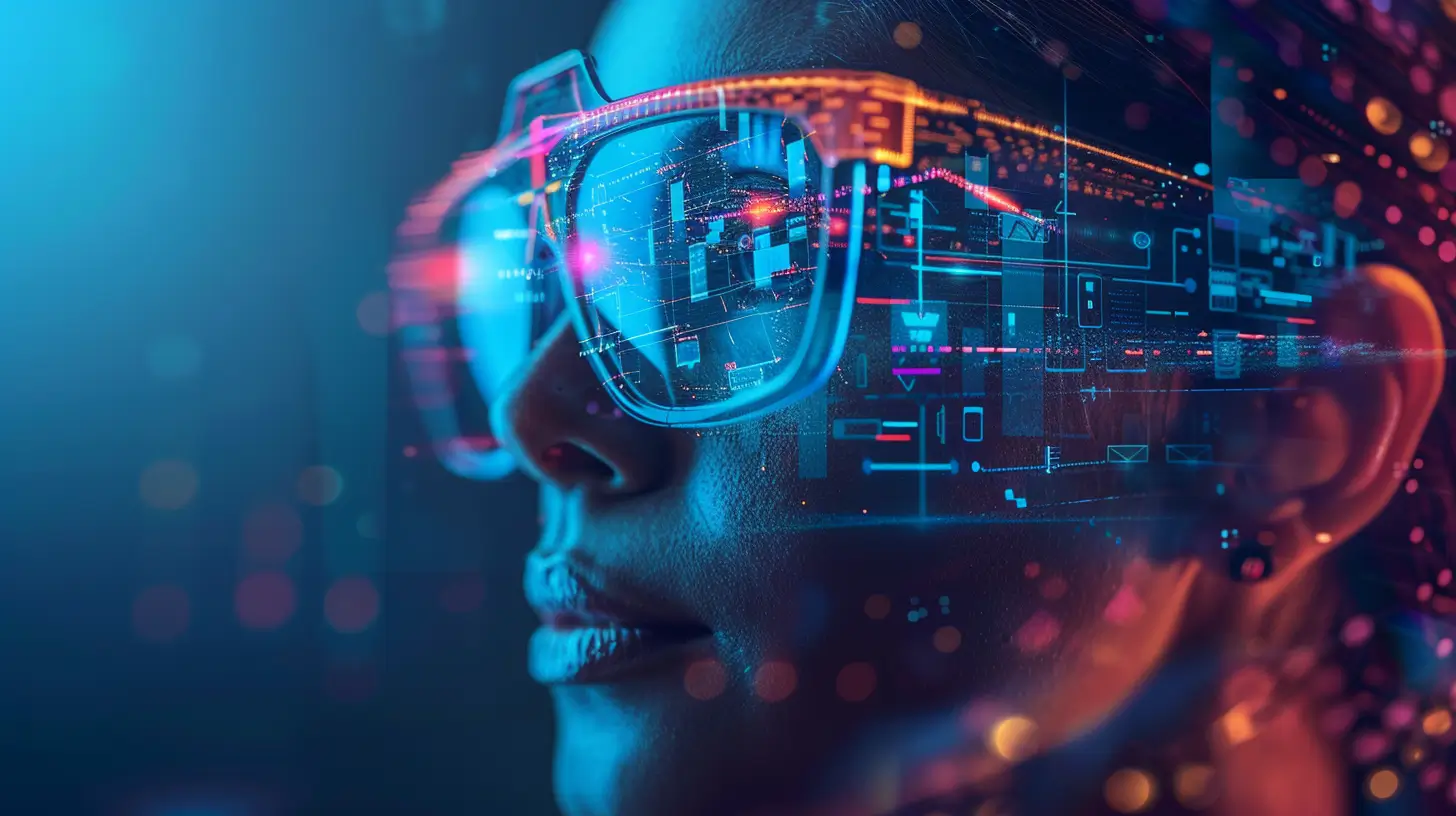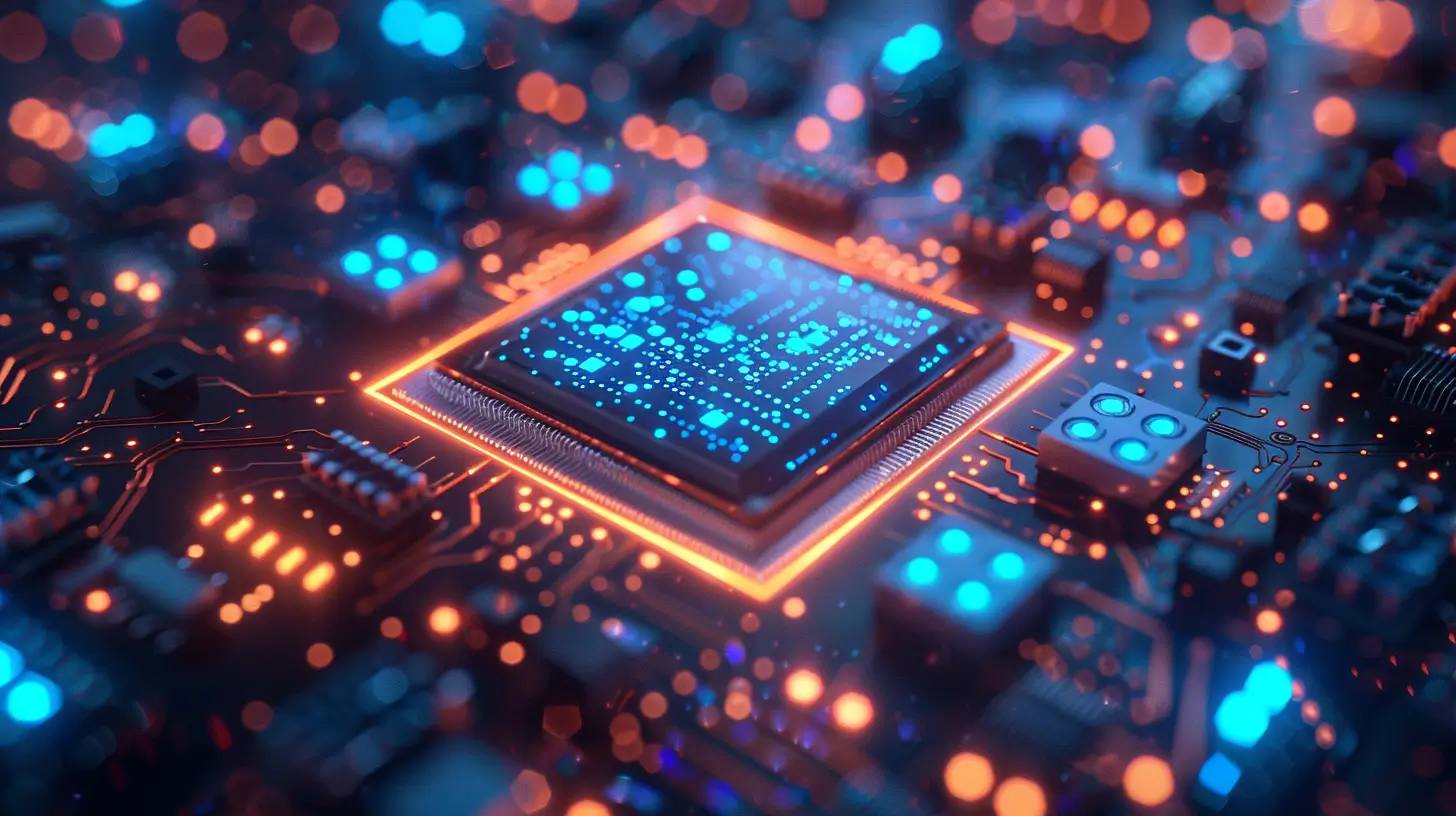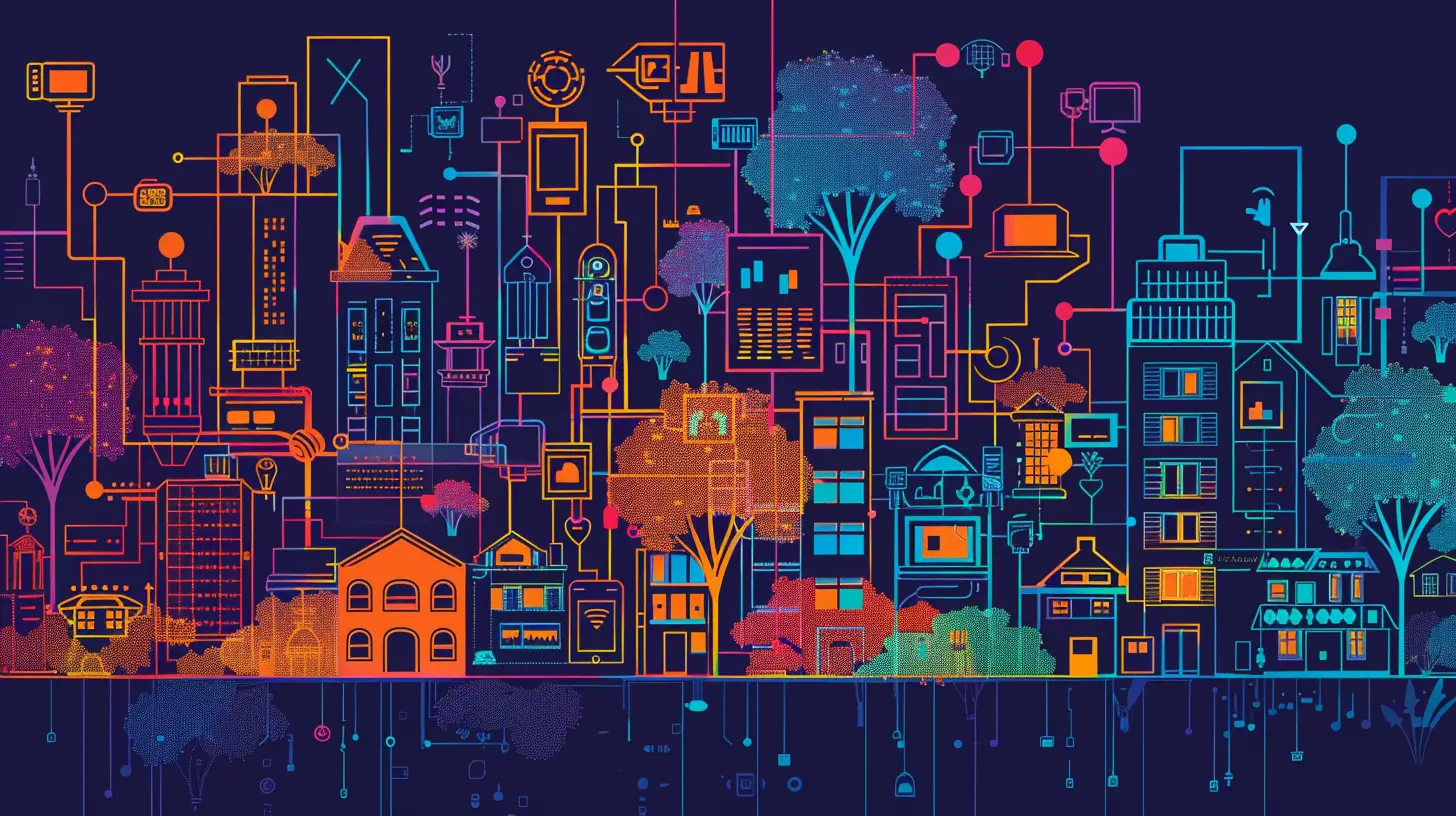A Deeper Dive into Optical Character Recognition
2020-07-08 | By Orcam Staff

If you’re a regular user of assistive technology, or even if you are just into the latest and coolest tech gadgets, it’s highly likely that you are familiar with the term “OCR”. What exactly is OCR, or optical character recognition? Let’s dive into the details.
Optical Character Recognition, a.k.a. OCR
The dictionary definition of optical character recognition is “the electronic or mechanical conversion of images of typed, handwritten or printed text into machine-encoded text…”
Practically, this is used in many situations where we would not even notice it is being used. It is widely used as a form of data entry for printed documents, be it passports, invoices, bank statements, receipts, business cards, etc. Oftentimes, a person has too much paper documentation and they want to consolidate it by going digital. In order to do that, they must scan it, relying on optical character recognition to read the information correctly. Machine translating also uses OCR.
OCR and Text-to-Speech
Early iterations of OCR were initially used to assist blind people. Back in the 1960s and 1970s, they scanned text with a flatbed scanner and used a synthesizer to convert text into speech. While today, there are many existing mobile applications that use OCR, there is plenty of room for inaccuracy in the optical character reading. Depending on the font shape and size, oftentimes the scanner misreads the text.
The OrCam MyEye is one of the most advanced options to aid the blind or visually impaired via optical character recognition. OrCam MyEye is a wearable technology device that uses advanced OCR. It can read text from a book, smartphone screen, or any other surface to the user in real time.
An advanced, modified 13-megapixel smart camera, takes a picture of your surroundings. Then, working completely offline, it transmits information audibly, enabling real-time communication. While other devices are clunky and cumbersome, the OrCam MyEye is about the size of a USB thumb drive. It attaches to a pair of eyeglasses with a magnet. Here’s a quick video showing the device in action:
In addition, to the OrCam MyEye, OrCam has developed a handheld portable assistive technology device that works offline, to enable people with reading difficulties such as dyslexia to be able to read independently. Using Optical character recognition, the OrCam Read instantly reads text from any digital or printed surface, with two main features that separate the OrCam Read from other reading devices. The full-page capture and red laser capture features take the instant assistive reading experience to a whole new level than what was previously available. Click here to learn more about the revolutionary and life-changing OrCam Read.
From Optical Nerve Damage to Optical Character Recognition
You don’t have to take our word for it though. Allow us to introduce you to a user who will vouch for why OrCam MyEye is the leader in OCR technology for the blind or visually impaired.
Rosa Santiago is an avid user of OrCam MyEye and a motivational speaker. Blind from birth due to congenital optic nerve damage, Rosa is determined to inspire others. Here’s a short clip introducing you to Rosa:
Despite her visual impairment, Rosa has high aspirations. She plans to start a podcast and to attend a Tony Robbins seminar to learn about public speaking. In order to accomplish all of that, she will continue to use her OrCam MyEye to read paperwork, study lesson plans, and more.
If you have any questions about OCR or how the OrCam MyEye can work for you or a loved one, please leave your contact details in the form below. A local OrCam representative will reach out to you directly.
More Stories

Veterans Associations and How They Can Help You - OrCam
2024-06-24 | By OrCam Staff

Top AI Assistive Technologies Enhancing Accessibility | OrCam
Explore how AI-driven assistive technologies are revolutionizing accessibility for individuals with disabilities.
2024-05-29 | By OrCam Staff

AI in Education: Enhancing Accessibility for All Students | OrCam
AI is changing the face of education by enhancing accessibility. Explore practical applications and success stories in educational technology.
2024-05-28 | By OrCam Staff

Revolutionizing Accessibility: How AI & IoT Enhance Assistive Technology
Explore the impact of AI and IoT on assistive tech, transforming accessibility and empowering lives with smart innovations.
2024-05-28 | By OrCam Staff

Transforming Lives: AI & IoT in Assistive Tech | Personal Stories
Read inspiring personal stories about the transformative power of AI and IoT in assistive technology.
2024-05-28 | By OrCam Staff

Unlock Reading Freedom: Tech for the Visually Impaired
Explore the latest in assistive technology designed to empower visually impaired individuals with independence and confidence.
2024-05-23 | By OrCam Staff



